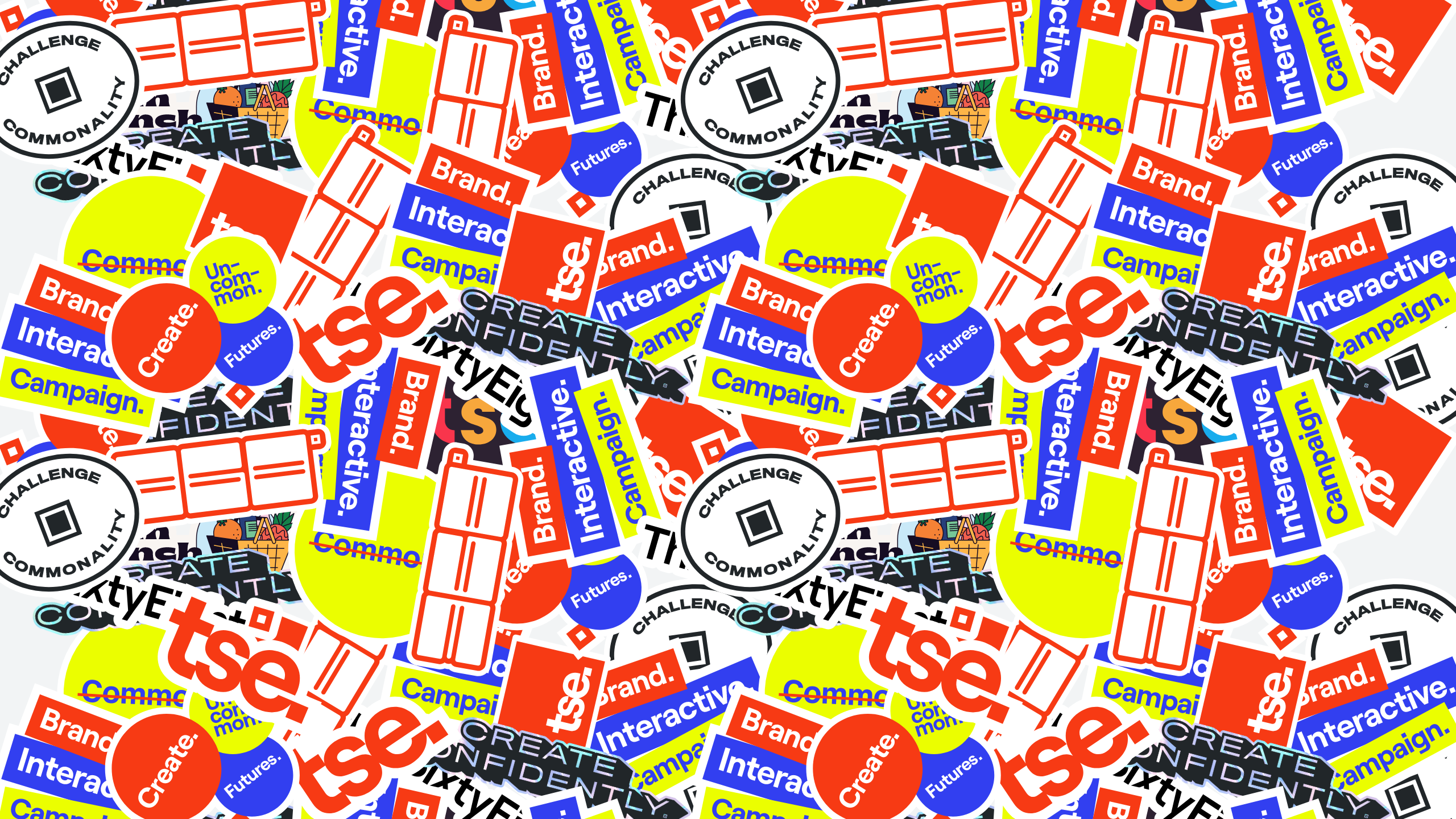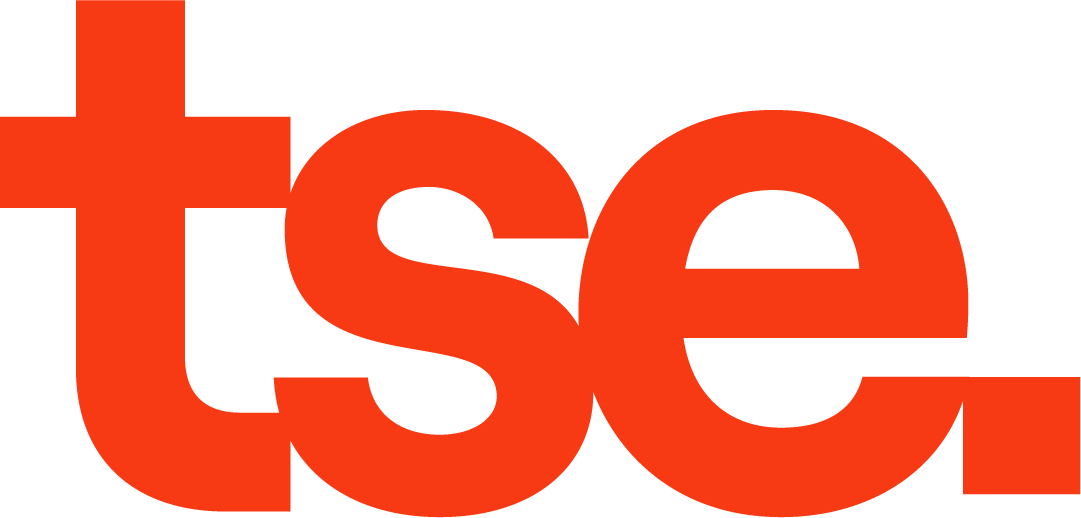

ThreeSixtyEight

Louisiana, United States
March 2024
Advertising & market research
Service with Minor Environmental Footprint
United States
ThreeSixtyEight is the creative agency for companies shaping the future of learning. We build brands and digital products that help our clients transform how people gain skills, seek education, hire and work. With a nuanced understanding of the learning economy, our team of industry transplants and agency defectors works daily to deliver category-bending brand, web, and campaign experiences - always served with a side of southern charm. Since 2016, we’ve served more than 100 brands globally, including Unilever, Opportunity at Work, The Miami Dolphins, KIVA, Living Water International, and more. Our work has helped Tear the Paper Ceiling, it's helped change the face of education in our city, and it's helped Fortune 500s recruit the next generation of talent. We're fiercely ambitious, refreshingly collaborative, and surprisingly human. We're the second certified B-Corp in our state, and have been recently been recognized as an AdWeek Fastest Growing Agency and one of AdAge’s Best Places to Work.
Overall B Impact Score
Governance 20.8
Governance evaluates a company's overall mission, engagement around its social/environmental impact, ethics, and transparency. This section also evaluates the ability of a company to protect their mission and formally consider stakeholders in decision making through their corporate structure (e.g. benefit corporation) or corporate governing documents.
What is this? A company with an Impact Business Model is intentionally designed to create a specific positive outcome for one of its stakeholders - such as workers, community, environment, or customers.
Workers 29.2
Workers evaluates a company’s contributions to its employees’ financial security, health & safety, wellness, career development, and engagement & satisfaction. In addition, this section recognizes business models designed to benefit workers, such as companies that are at least 40% owned by non-executive employees and those that have workforce development programs to support individuals with barriers to employment.
Community 25.3
Community evaluates a company’s engagement with and impact on the communities in which it operates, hires from, and sources from. Topics include diversity, equity & inclusion, economic impact, civic engagement, charitable giving, and supply chain management. In addition, this section recognizes business models that are designed to address specific community-oriented problems, such as poverty alleviation through fair trade sourcing or distribution via microenterprises, producer cooperative models, locally focused economic development, and formal charitable giving commitments.
Environment 1.8
Environment evaluates a company’s overall environmental management practices as well as its impact on the air, climate, water, land, and biodiversity. This includes the direct impact of a company’s operations and, when applicable its supply chain and distribution channels. This section also recognizes companies with environmentally innovative production processes and those that sell products or services that have a positive environmental impact. Some examples might include products and services that create renewable energy, reduce consumption or waste, conserve land or wildlife, provide less toxic alternatives to the market, or educate people about environmental problems.
Customers 2.8
Customers evaluates a company’s stewardship of its customers through the quality of its products and services, ethical marketing, data privacy and security, and feedback channels. In addition, this section recognizes products or services that are designed to address a particular social problem for or through its customers, such as health or educational products, arts & media products, serving underserved customers/clients, and services that improve the social impact of other businesses or organizations.